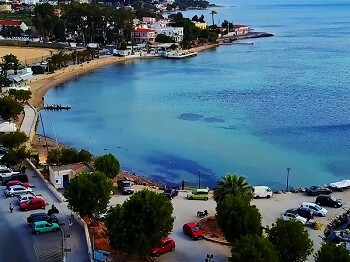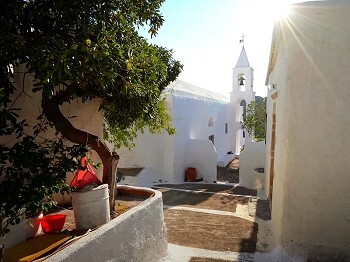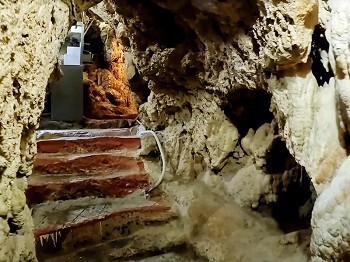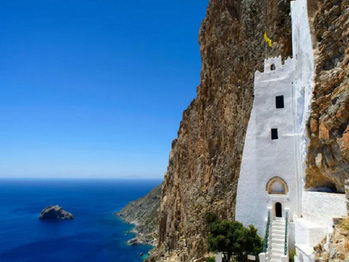The tale of the Trojan War, immortalized in Homer's epic poem, the Iliad, delves into the Greek quest for vengeance following the abduction of Helen, the renowned wife of Menelaos, King of Sparta, by Paris, a prince of Troy. Recent archaeological findings hint at a factual basis for this legendary conflict, with excavations in modern-day Turkey revealing remnants corresponding to the ancient city of Troy. Many sites across the Peloponnese, such as Mycenae and Pylos, are believed to have been the very cities inhabited by the heroes of this fabled war.
GATHERING OF THE HEROES
When Paris spirits away Helen to Troy, her husband King Menelaos rallies a coalition of Greek kings and heroes to seek retribution. Leading this formidable force is Menelaos' brother, King Agamemnon of Mycenae, with the renowned Achilles among their ranks, destined to meet his demise in the sands of Troy. Their departure from Aulis is hindered by adverse winds, necessitating the sacrifice of Agamemnon's youngest daughter, Iphigeneia, to appease Artemis and secure favorable sailing conditions.
FIGHTING AT TROY
The Iliad commences with the Greek forces besieging Troy, a conflict that has raged for nine arduous years. Fatigued yet resolute, the Greeks find themselves fractured when Achilles, incensed by Agamemnon's appropriation of his concubine Briseis, withdraws from combat. Bereft of their mightiest warrior, the Greeks falter before the Trojans until Patroklos, donning Achilles' armor, leads his comrades into battle. Though the tide momentarily turns, Patroklos meets his demise at the hands of Hector, sowing grief in Achilles' heart and igniting a vengeful rampage culminating in Hector's fall.
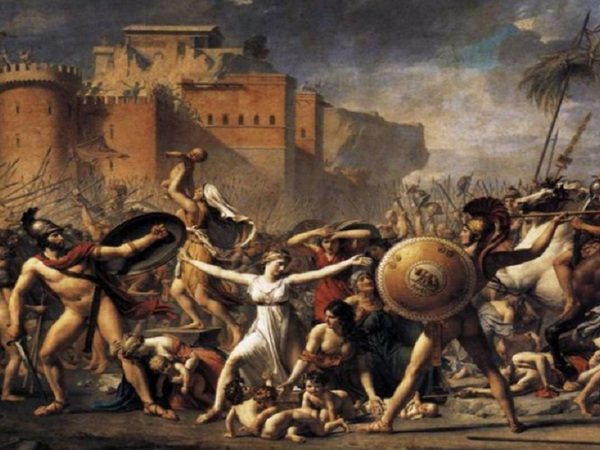
PATROKLOS AVENGED
Rejecting Hector's plea for a dignified burial, Achilles defiles his adversary's corpse, tethering it to his chariot and desecrating it before the walls of Troy. Conversely, Patroklos receives an elaborate funeral pyre, attended by sacrificial rites and commemorative games. Yet Achilles' anguish persists, prompting him to desecrate Hector's remains until divine intervention intercedes, rebuking his callousness.
PRIAM VISITS ACHILLES
Guided by the divine will of Zeus, Priam embarks on a perilous journey to the Greek camp, bearing ransom for his fallen son. Assisted by Hermes, he covertly gains entry to Achilles' tent, imploring the hero to heed his fatherly compassion. Moved by Priam's entreaty, Achilles relents, permitting Hector's return to Troy for a proper interment. Thus, the Greek heroes, though mighty, are portrayed as mortal, grappling with moral quandaries and human frailties.
ACHILLES KILLS THE AMAZON QUEEN
Penthesileia, the formidable Queen of the Amazons, lends her martial prowess to the Trojan cause, confronting Achilles on the battlefield. In their fateful encounter, Achilles deals the fatal blow to Penthesileia, a moment steeped in tragedy and myth. Some renditions suggest a fleeting bond forms between them in death, a theme resonating through the ages and explored by subsequent thinkers like Jung and Freud.
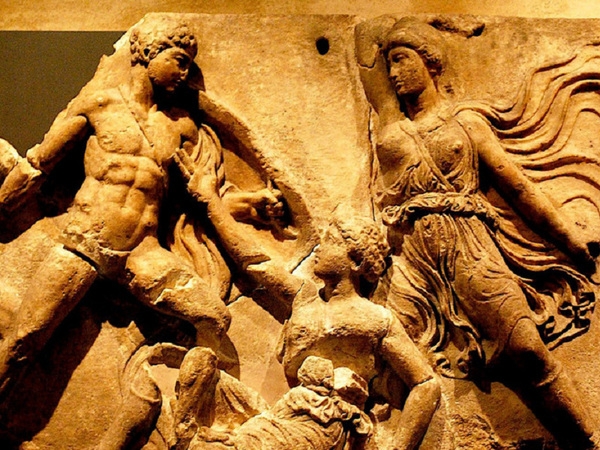
THE WOODEN HORSE OF TROY
As prophesied, Achilles meets his demise at the hands of Paris' arrow, weakening the Greek resolve. In a stroke of guile, the Greeks fashion a colossal wooden horse concealing elite warriors within, presenting it as a tribute to Athena. Deceived by divine omens, the Trojans usher the horse within their walls, unwittingly sealing their doom. Under the cover of night, the Greek infiltrators emerge, unleashing havoc upon Troy's unsuspecting denizens. Thus, amidst flames and bloodshed, Troy falls, birthing legends of valor and treachery.
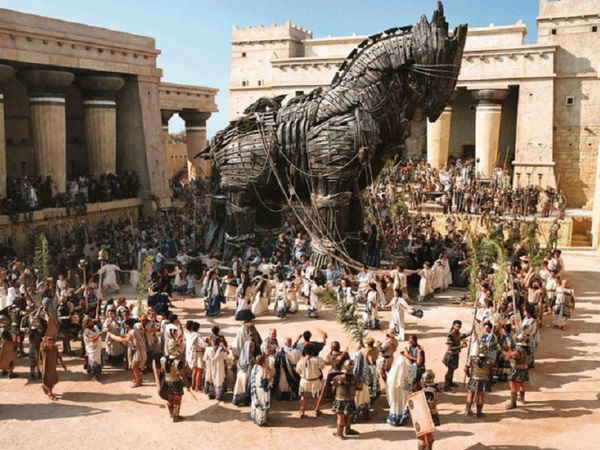
DEATH OF AGAMEMNON
Klytemnestra, embittered by Agamemnon's prolonged absence and the sacrifice of their daughter, Iphigeneia, orchestrates her husband's demise upon his return to Mycenae. With the aid of her paramour, Aigisthos, she executes a gruesome act of vengeance, thus fulfilling the curse befallen upon the House of Atreus. Yet, this tale underscores the capricious interplay between mortal ambition and divine decree, where even heroes are subject to the inexorable will of the gods.
GREEK MYTHS IN WESTERN ART
From the Renaissance onward, Greek mythology has served as a wellspring of inspiration for artists across disciplines. Monarchs, often equated with divine figures, found their likenesses intertwined with mythological archetypes of love and war. These timeless narratives also spurred depictions of the human form, echoing Classical ideals of beauty exemplified by artists like Lord Leighton, whose oeuvre celebrated the aesthetic legacy of antiquity.





